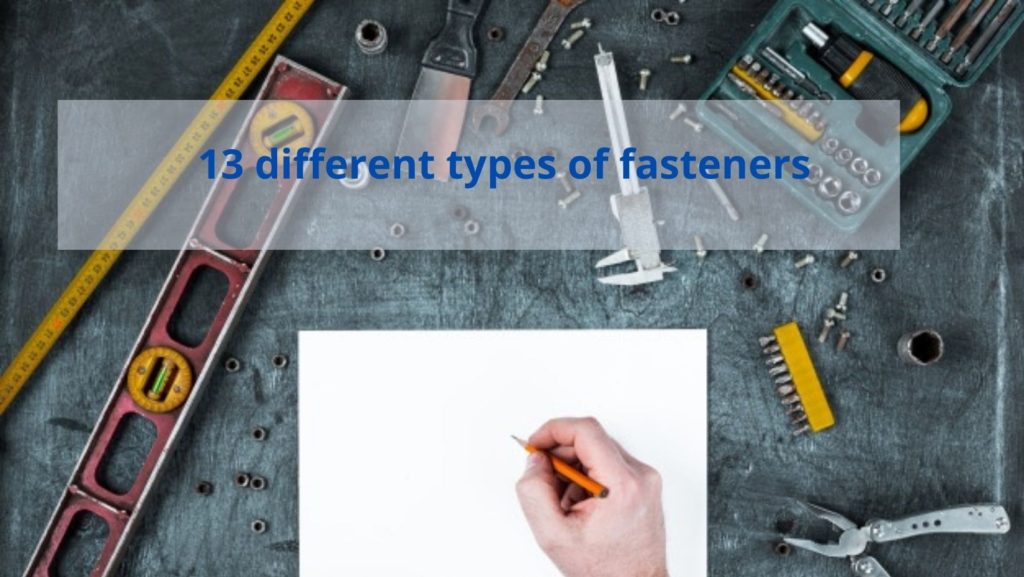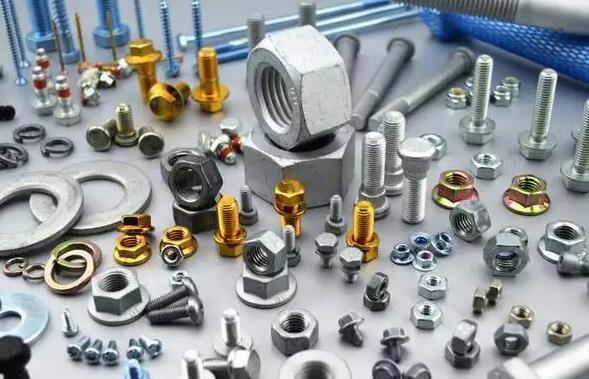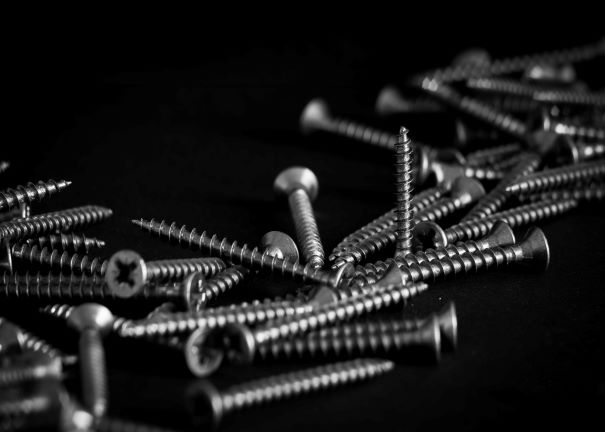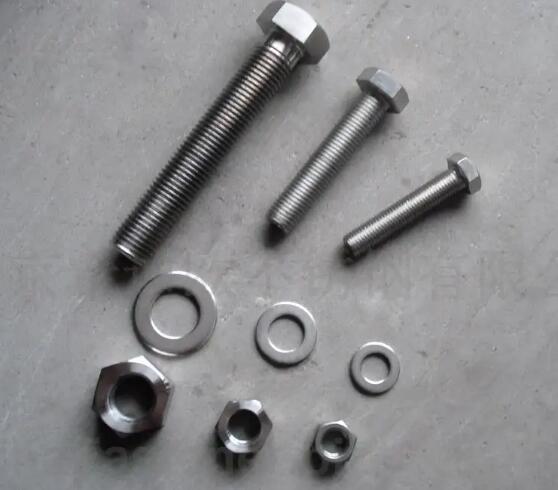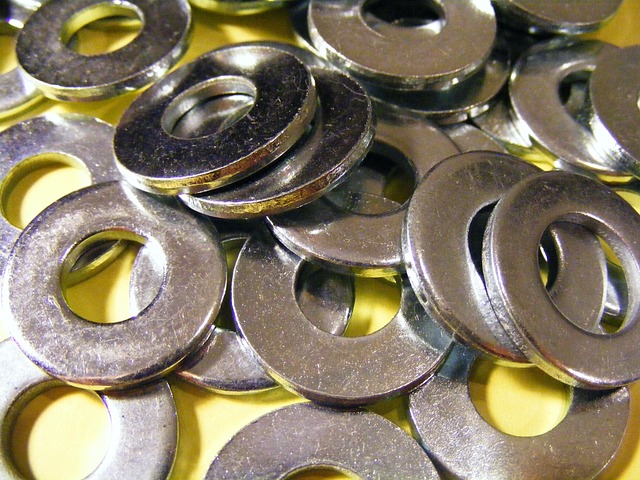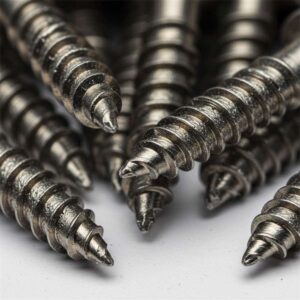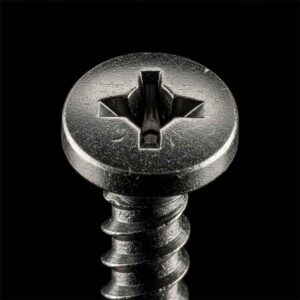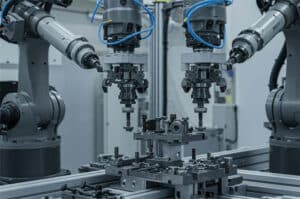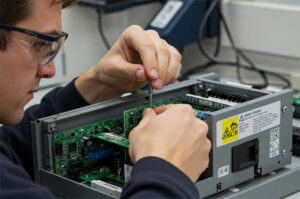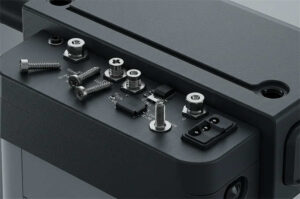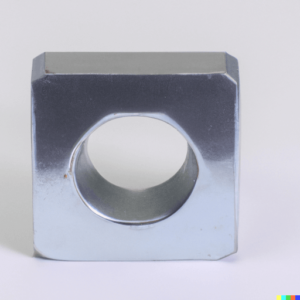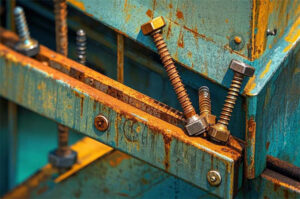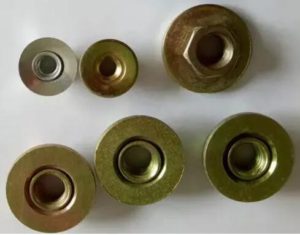The Different Types of Fasteners | A Subtle Guide for Fastening
Modern developments in industries require the use of mechanical fasteners for sustainability and security in joining parts together. Without fasteners, the world may have settled with poor assemblies and constant maintenance of structures which will cost a lot of trouble and not to mention money.
This generation has taken a stride of challenges in ensuring the quality of fasteners continually rises to suit the critical evolution of the kinds of applications. ファスナーメーカー around the world have taken advanced measures of making sure the world gets the utmost security and solutions.
What are Fasteners?
Fasteners come from the word fastening; meaning to affix/join two objects in a non-permanent or permanent assembly. There are thousands of fastener types that exist today. Some of the most common are threaded fasteners: screws, bolts, nuts, and studs. While other known types of unthreaded fasteners are washers, nails, and rivets. Essentially, each type functions in its configurations and features yet they share the common goal of holding materials.
続きを読む ファスナーの種類とは?
Types of Fasteners And Their Uses
- Screws: Screws are the most versatile and standard type of fastener. They were introduced to replace common applications that were mainly fastened by nails. Their threaded shafts grip into the surface of the hole enabling a greater hold and strength with or without the need for a mating device. Usually, screws require pre-drilling into the application material before they can be installed by a screwdriver. Many people rely on the ability of screws since it has multiple features that can be modified in a wide variety of types and sizes to suit any kind of fastening. The most common type of screws are:
- 木ネジ
- 乾式壁ねじ
- チップボード・スクリュー
- 板金ねじ
- マシンスクリュー
- 石工用ねじ
- セルフタッピングねじ
- ステンレス鋼ネジ
- ボルトとナット: The two inseparable types of fasteners are bolts and nuts, they are completely different yet if matched together they provide greater strength than screws. Unlike screws, bolts need to be longer with the material of its application to completely pierce through the hole in able to insert the nuts for tightening. Some common types of bolts and nuts are:
- Allen bolts
- Carriage bolts
- Eyebolts
- Flange bolts
- 六角ボルト
- Hexagon Socket bolts
- Plow bolts
- 角ボルト
- U-bolts
- Coupling nuts
- Flange nuts
- 六角ナット
- Lock nuts
- Slotted nuts
- Square nuts
- Studs: Studs are easily distinguished by their lack of head, both ends are threaded leaving a smooth surface of the shank in the middle. They are used to bound holes with internal threading together. Some common types of studs are:
- Fully threaded stud
- Double-end stud
- Tap-end stud
- Weld bolt stud
- Bonding studs
- Clinch Stud
- Washers: A flat disc in shape with an inner hole in the middle used to increase the bearing area of the head of screws, bolts, and nuts. Washers protect the material from damage underneath while evenly distributing the loads. Some common types of washers are:
- Flat washer
- Fender washer
- Dome washer
- Conical washer
- Split washer
- Shoulder washer
- Internal tooth washer
- Countersunk washer
- Torque washer
- Rivets: Consisting of 3 parts: head, cylindrical shaft, and tail, rivets are permanent fasteners that join metal sheets together. To ensure rivets stay in the place they require a special tool that expands the tail with remarkable durability. Some common types of rivets are:
- Conical Head rivet
- Flat head rivet
- Countersunk head rivet
- Buffered head rivet
- Snap head rivet
- Pinhead rivet
- Hollow head rivet
- Anchors: are usually made from plastic material, a type of fastener which is embedded in drywall or concrete to hold an object in place. Examples of the use of anchors are hanging a television or mirror by the wall. Some common types of anchors are:
- Internally threaded anchors
- Externally threaded anchors
- Masonry screw and pin anchors
- Screw anchors
- Hollow wall anchors
- Sleeve anchors
- Drive anchors
- Nails: This type of fastener has been around for ages. It’s the most common everyday construction item that can be easily sourced in hardware. Nails don’t have threads yet they possess strength and are very durable in applications. Some of the common nails are:
- Brad nails
- Flooring nails
- Framing nails
- Roofing nails
How to Choose the Right Fastener for your Projects
Fasteners are known to have a diverse range of types. The array of mechanical devices can be overwhelming especially when the stability and security of structures are at stake. Choosing the right fastener for your projects is truly a crucial process to do, but in the end, when you get to know the affecting factors necessary for fastening it’s going to be an easy task. Let’s discover what are the important details to know in choosing the right fastener for your projects.
Know the Application
It’s always a primary step fastening to know the requirements of your application. The type of fastener you will use will depend on how it needs to function in application areas. Screws are good for interior decorations and projects that involve wood, concrete, plastic, metal, and metal sheets. While bolts and nuts are more efficient with heavy-duty workpieces of automotive, construction, piping, etc.
These areas have complexity in kinds that often need a corresponding element of fasteners for higher effectivity of an assembly. For instance, fasteners like screws and bolts used in wood surfaces are commonly made of brass, bronze, and steel. These materials offer workable elements in types of woodworking.
Recognize the Materials Involve
The workability of assembly depends on the raw materials of fasteners and materials in applications. Fasteners have several materials used for its fabrication in order to suit the properties of the surface materials.
Common materials for fasteners are stainless steel, alloy steel, carbon steel, brass, bronze, aluminum, etc. Stainless steel is the most feasible material consisting of elements able to withstand corrosion, life-long durability, and strength. While other materials like brass and aluminum are also great corrosion resistant.
Find fastener suppliers here: 中国の最もよいステンレス鋼ねじ製造業者
Inspect the Environment for the Fastener
The environment of the application may have corroding elements that can damage your fastener. Usual risks for fasteners are exposure to high temperatures, the presence of chemicals, saltwater, waste water, energy resources, etc. Since these types of environmental issues are often encountered in fastening, experts had provided an innovation that saves the fasteners. A common method of enhancing the ability of fasteners is plating/coating. Raw materials include a natural resistance to corrosion but sometimes it is not enough. Coating adds an extra protective layer in fasteners to withstand highly destructive properties in the environment.
Select the Right Type of Fastener
All factors mentioned above can determine the right type of fastener for your project/s. But of course, there will be further details to recognize before you can select the accurate fastener. If you are settling for threaded fasteners you must know the proposing ability of threads.
Threads have a crucial role in applications. The three known types of thread are fine (UNF), coarse (UNC), and eight-thread. Coarse threads have wider gaps than fine threading, which makes a quick assembly since the revolution it needs is limited. On the other hand, fine threads may take longer to install but once fixed in the material they grip tight on the surface of the hole. They are preferred for heavy load-handling applications like hanging appliances or cabinets in homes and in the automotive industry. In summary, if you want a better thread engagement choose the fine (UNF) thread. Regardless of the operation, both qualities of threads have beneficial capabilities in fasteners.
続きを読む ファスナーの使い方のコツとは?
